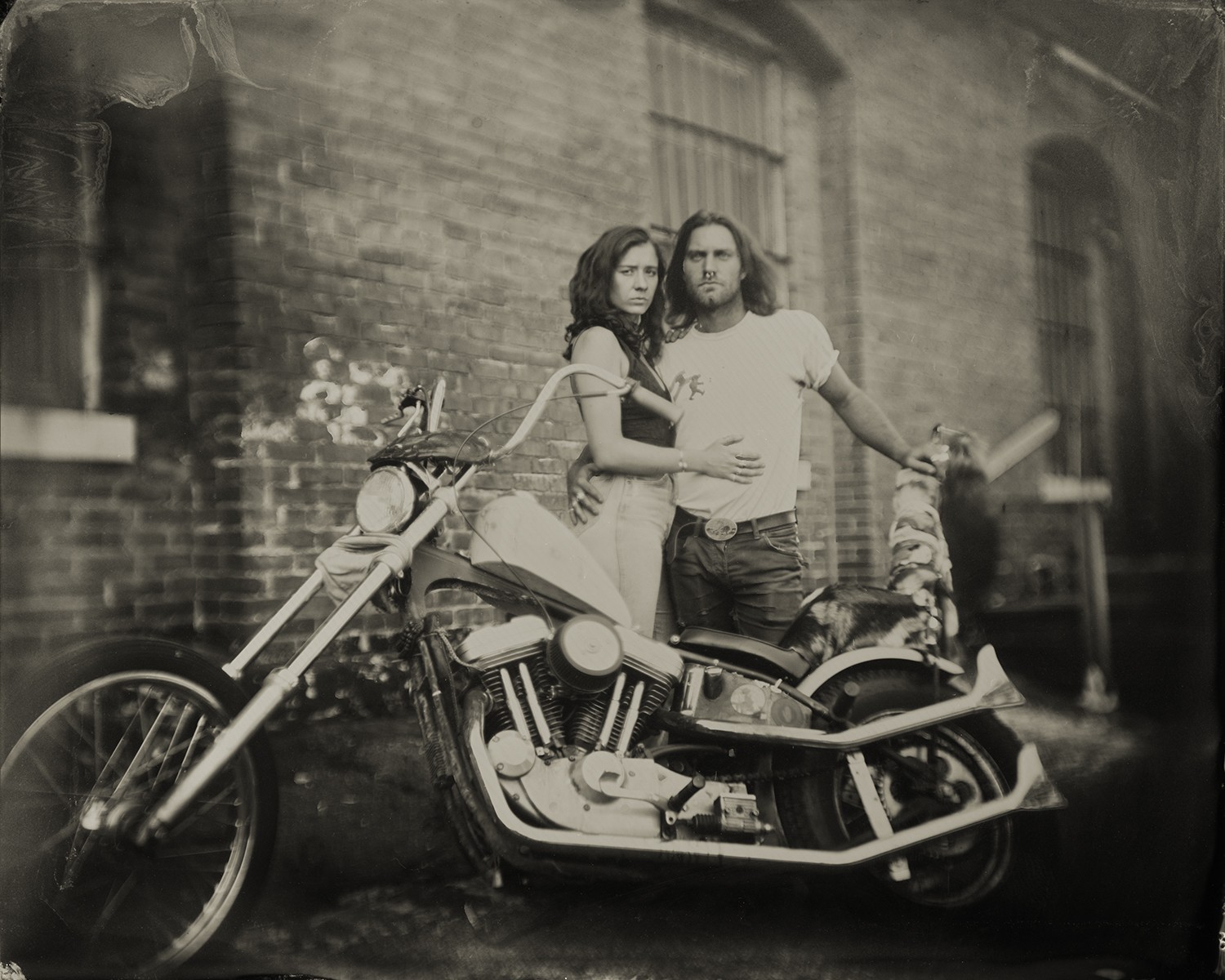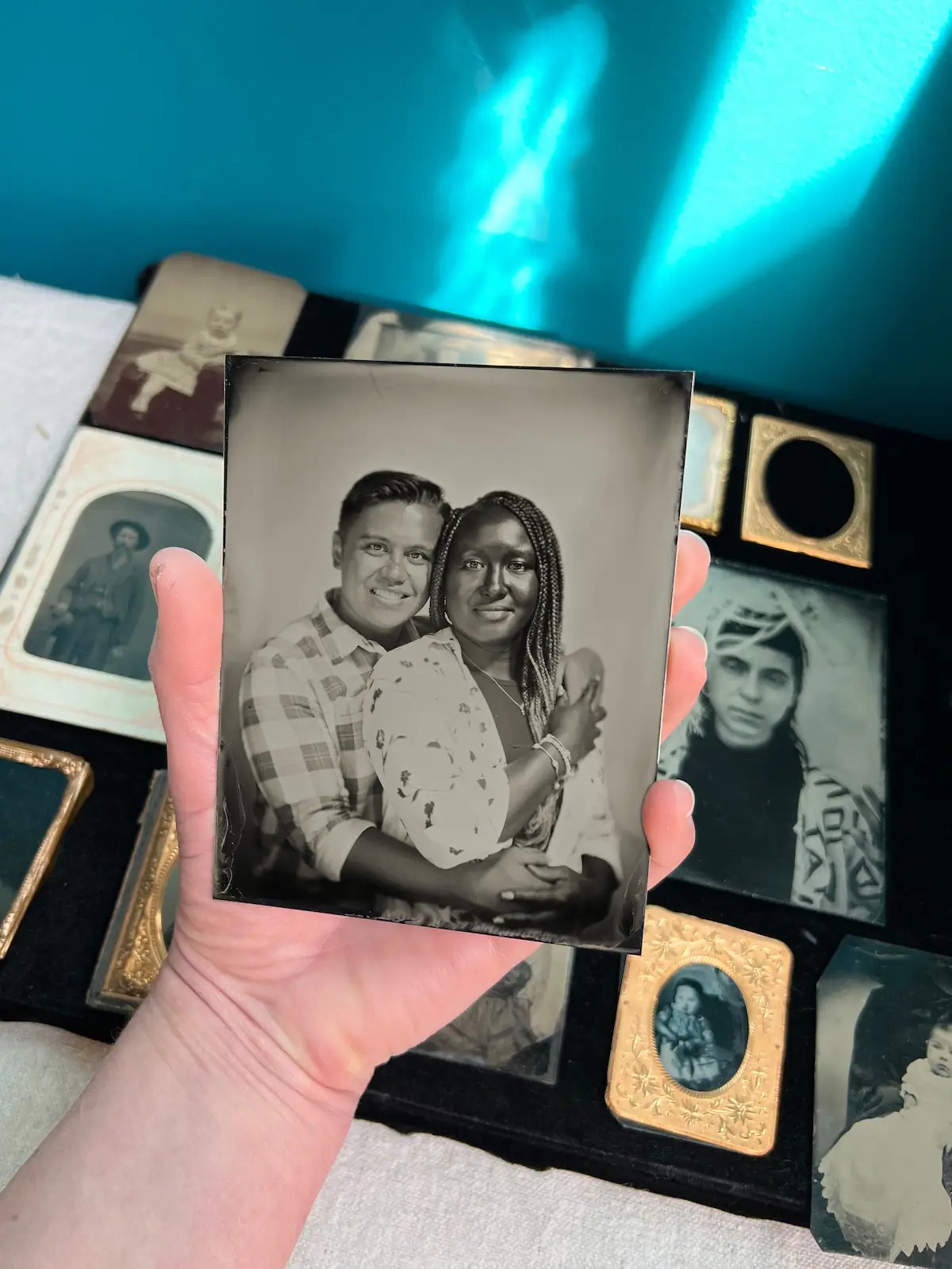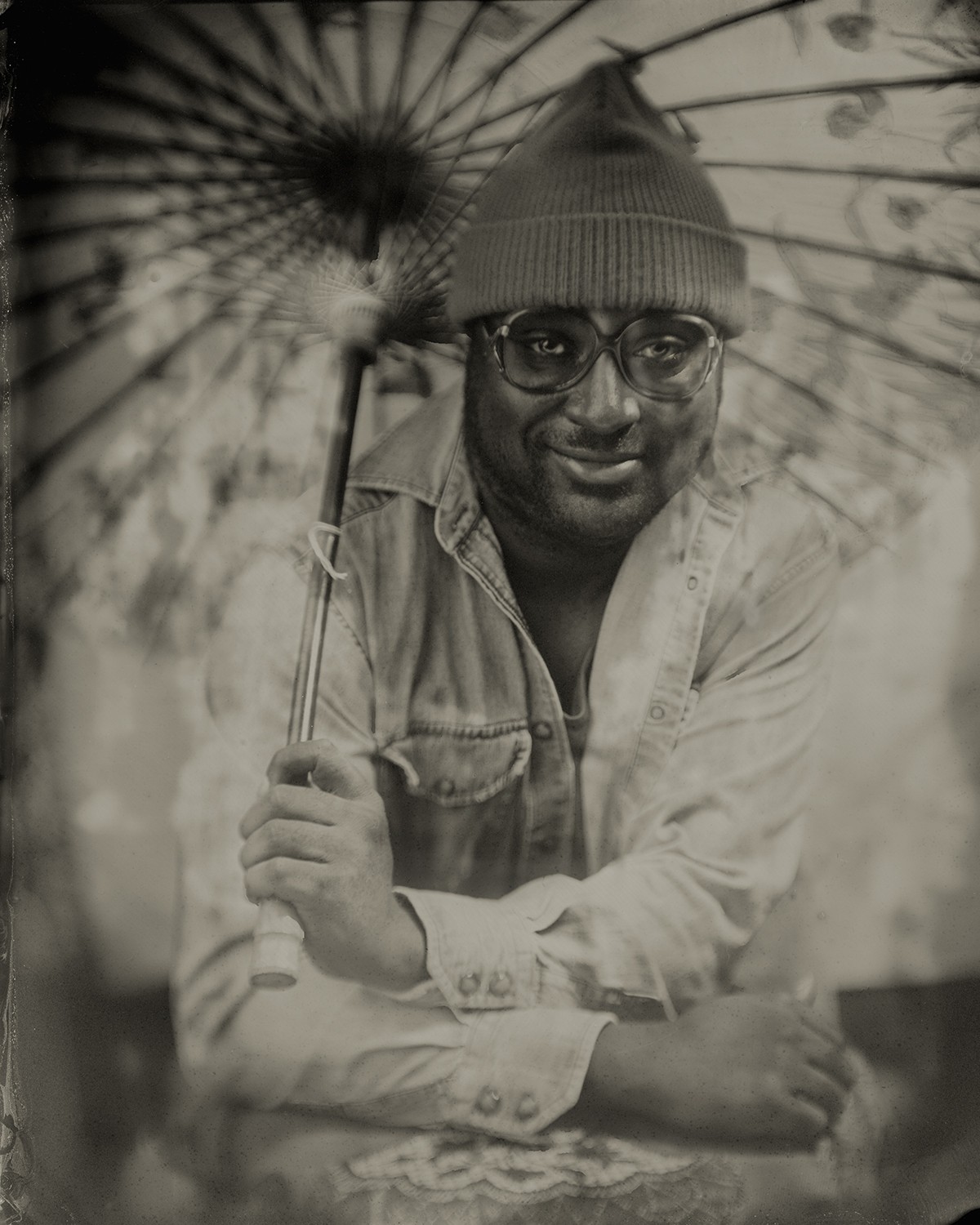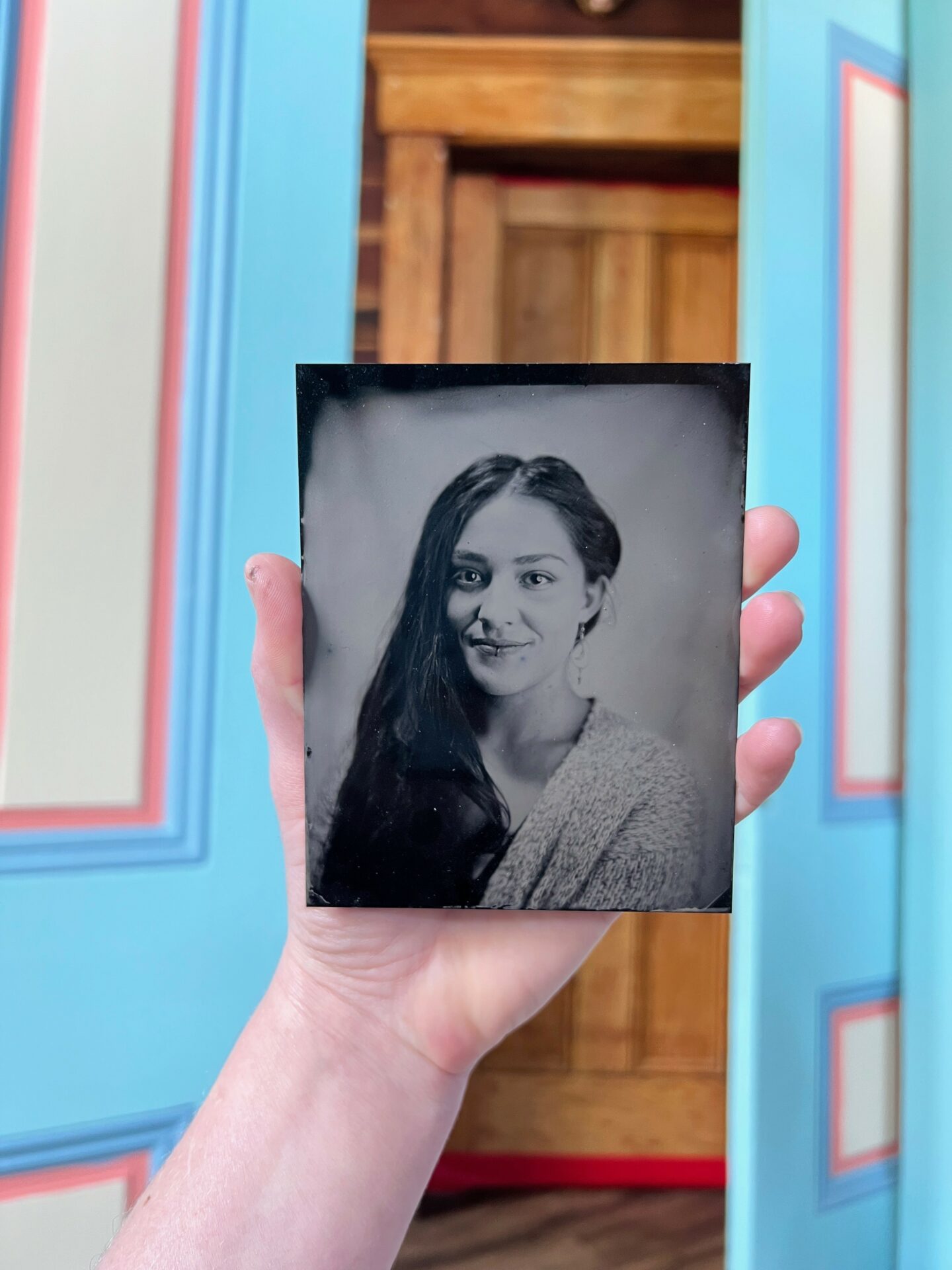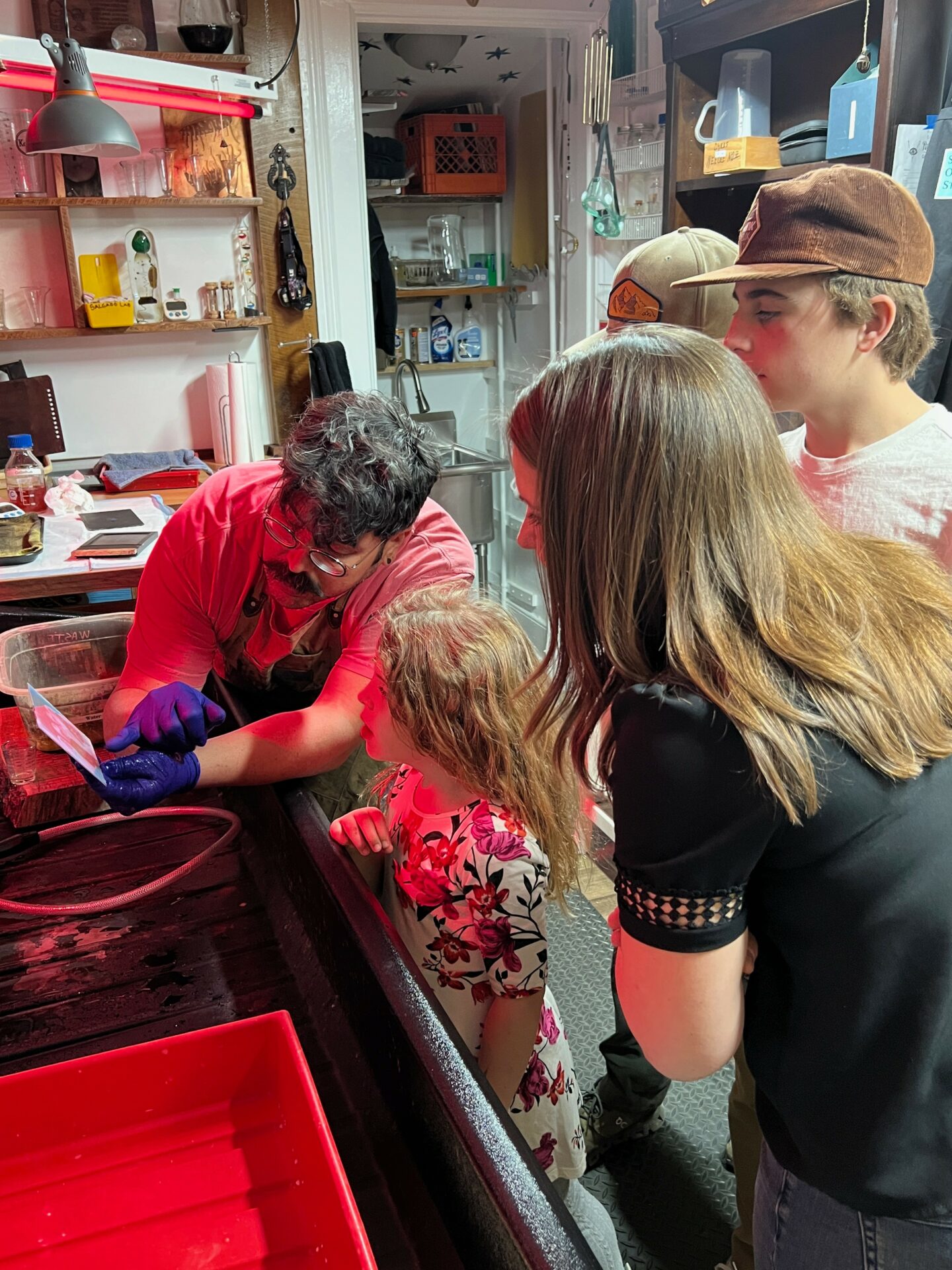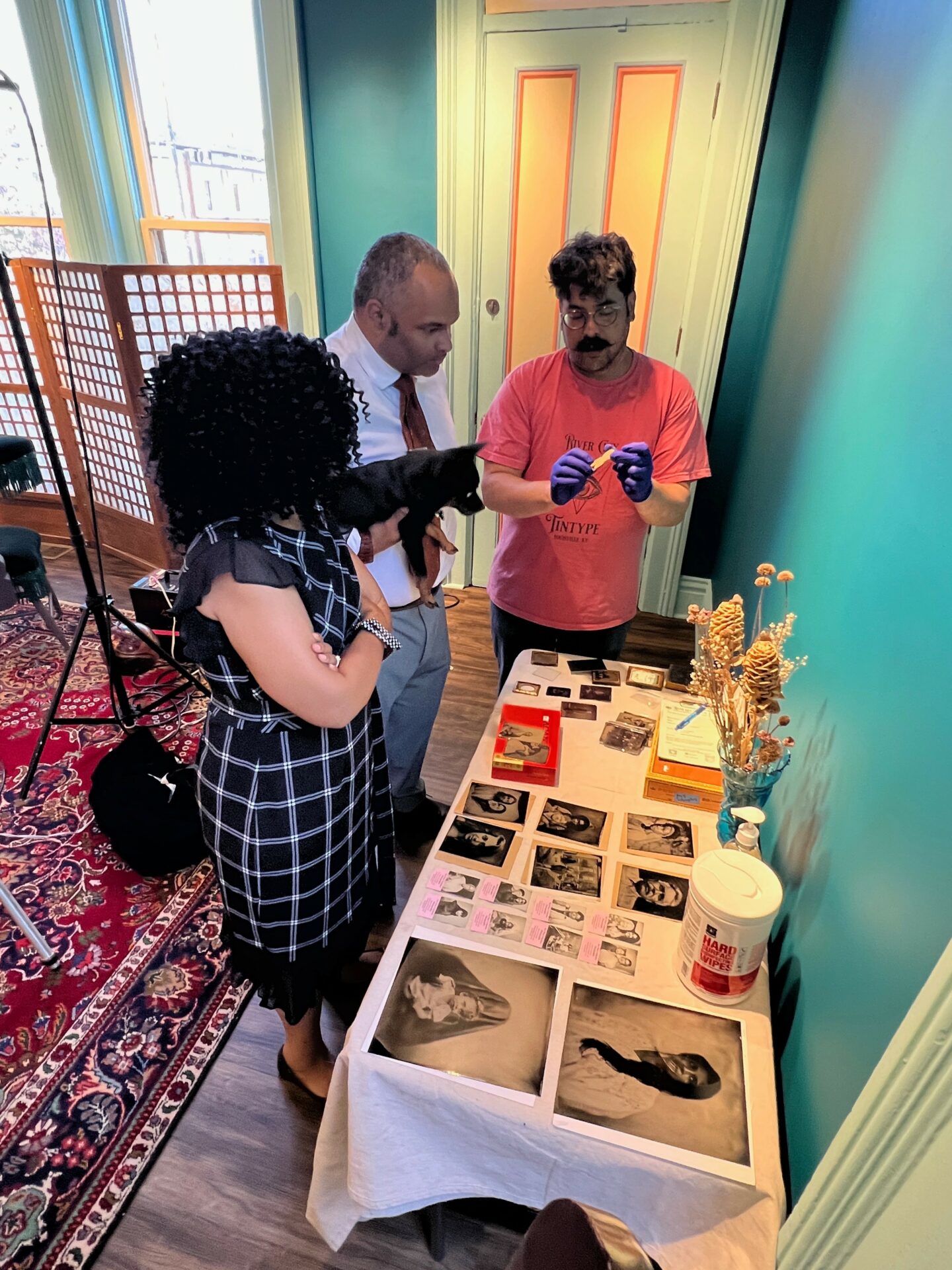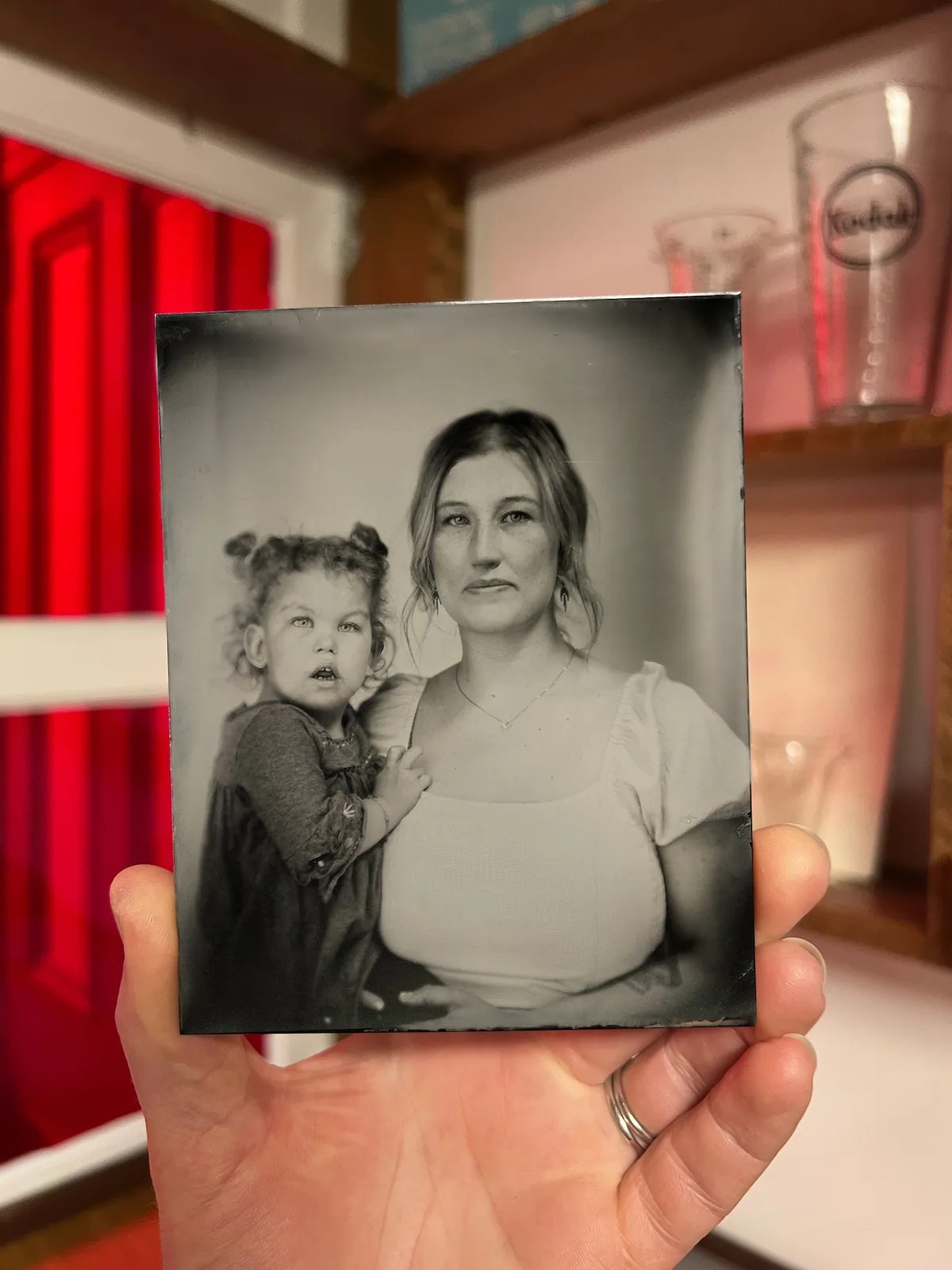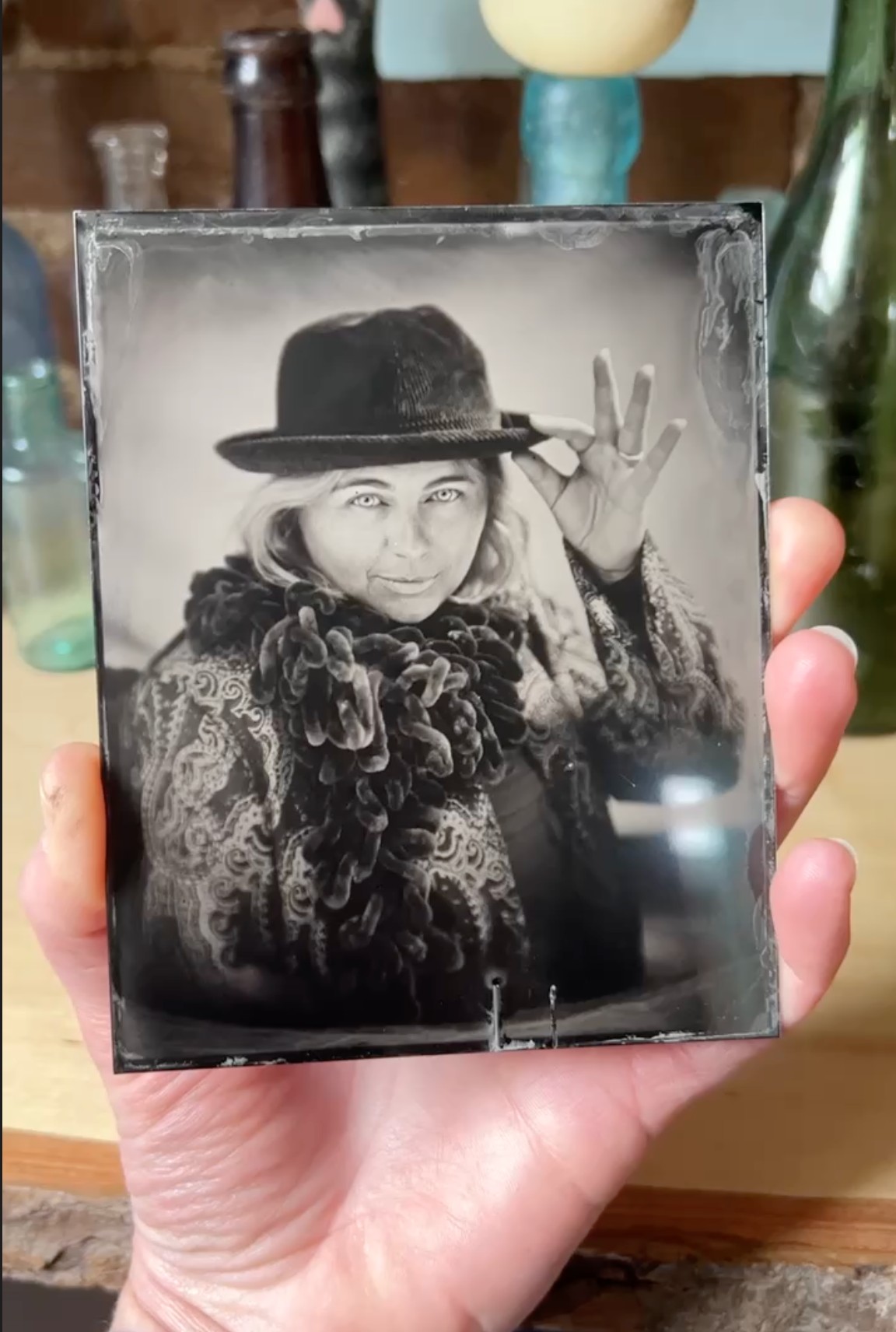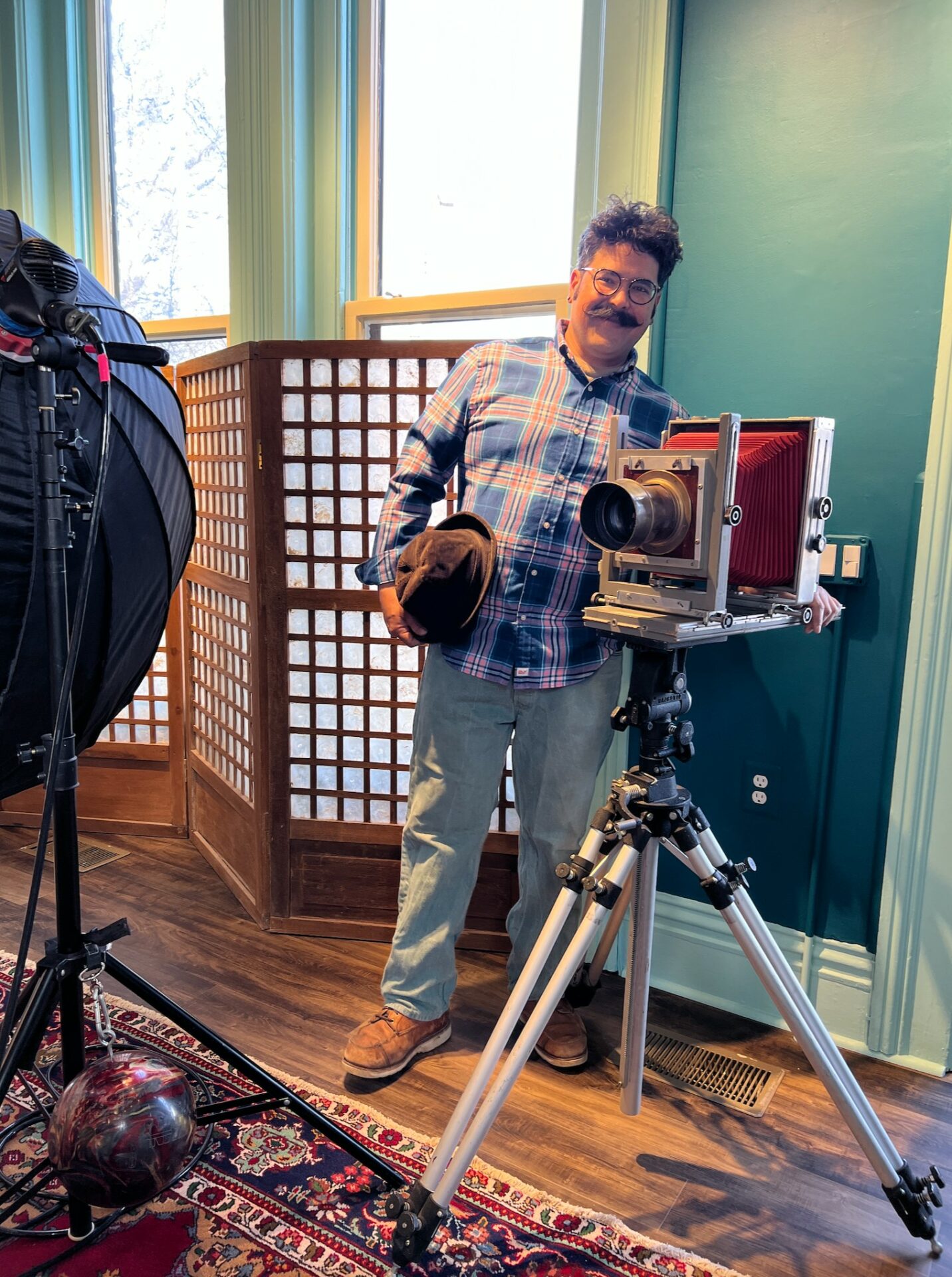We’re excited to introduce you to the always interesting and insightful Rudy Salgado. We hope you’ll enjoy our conversation with Rudy below.
Hi Rudy, thanks for sharing your insights with our community today. Part of your success, no doubt, is due to your work ethic and so we’d love if you could open up about where you got your work ethic from?
My parents. Growing up, I watched my mom and dad run a pretty large denture laboratory. The rule in my household was that if I was a good kid and my parents knew where I was, I could come home any time of night. Many nights I would get home at 3 or 4 in the morning and my dad was still up working. Sometimes I would go and say hi to him. That meant that he worked a whole day, a whole night, and another whole day. Then he got to sleep. It taught me you have to work hard to be successful, he was doing what he had to do for his family. It had a big impact on me.
Let’s take a small detour – maybe you can share a bit about yourself before we dive back into some of the other questions we had for you?
I’m mostly self-employed, and work a few hours a week at a private school teaching childrens art classes. I run Calliope Arts printmaking studio with my partner and fellow artist Susanna Crum. As artists we trained in pre-photographic art technology like stone lithography and copper plate etching. Calliope is a small studio but an important resource to artists in town. I’m really interested in history, which drew me to both printmaking and tintype photography, and I like working to build an art community in Louisville with other artists. We live above our tintype and printmaking studios, so we get to work with and see artists regularly and that’s inspiring and also supports a community lifestyle.
There is so much advice out there about all the different skills and qualities folks need to develop in order to succeed in today’s highly competitive environment and often it can feel overwhelming. So, if we had to break it down to just the three that matter most, which three skills or qualities would you focus on?
Skill in craft: early on in the journey, I’d recommend having laborious, process-based work in your life. Something that you hate but also love. You have to get better at it, even if it drives you crazy, then you get good at it. The lessons you learn along the way reverberate throughout the rest of your life. You learn how to be prepared, how to anticipate the next step, you learn about muscle memory, and how to actually use your hands, rise above failure, and try again. Our world is so digital, learning how to do something – anything! – by hand, and interacting with the physical world, you either get better or come up with another way to go.
Research skills: learning how to research and find information is so important. Learning about history, and what people do before you, can really help with an art or creative project. Looking at other people’s work is crucial, way better than superficial searches on the Internet where everything boils down to advertising.
Find a partner that you’re better with than without.
What’s been one of your main areas of growth this year?
In the last year, I opened my studio River City Tintype, which has a darkroom and portrait parlor where I make wet-plate collodion photographs. People from all over the country make appointments when they come to Louisville – last night, for example, a professional photographer made an appointment before a big conference started in town. Tintype photography is an analog process popular in the 19th century, and involves coating a plate with light-sensitive chemistry by hand. Because each image is unique (made directly on the plate, without film) and it takes around 10 minutes to make each plate, hosting a portrait session is really an event. I get to know people and we come up with ideas on poses together. When people are interested, each session can include a mini history lesson about early photography – I share antique tintypes and use 19th century lenses. Some people are more interested in the final image scan, for social media. Historically tintypes, even those from the 1860s, were a kind of social media so I think that’s great. I look forward to seeing River City Tintype continue to grow.
Contact Info:
- Website: www.rivercitytintype.com
- Instagram: @rivercitytintype
- Facebook: rivercitytintype
